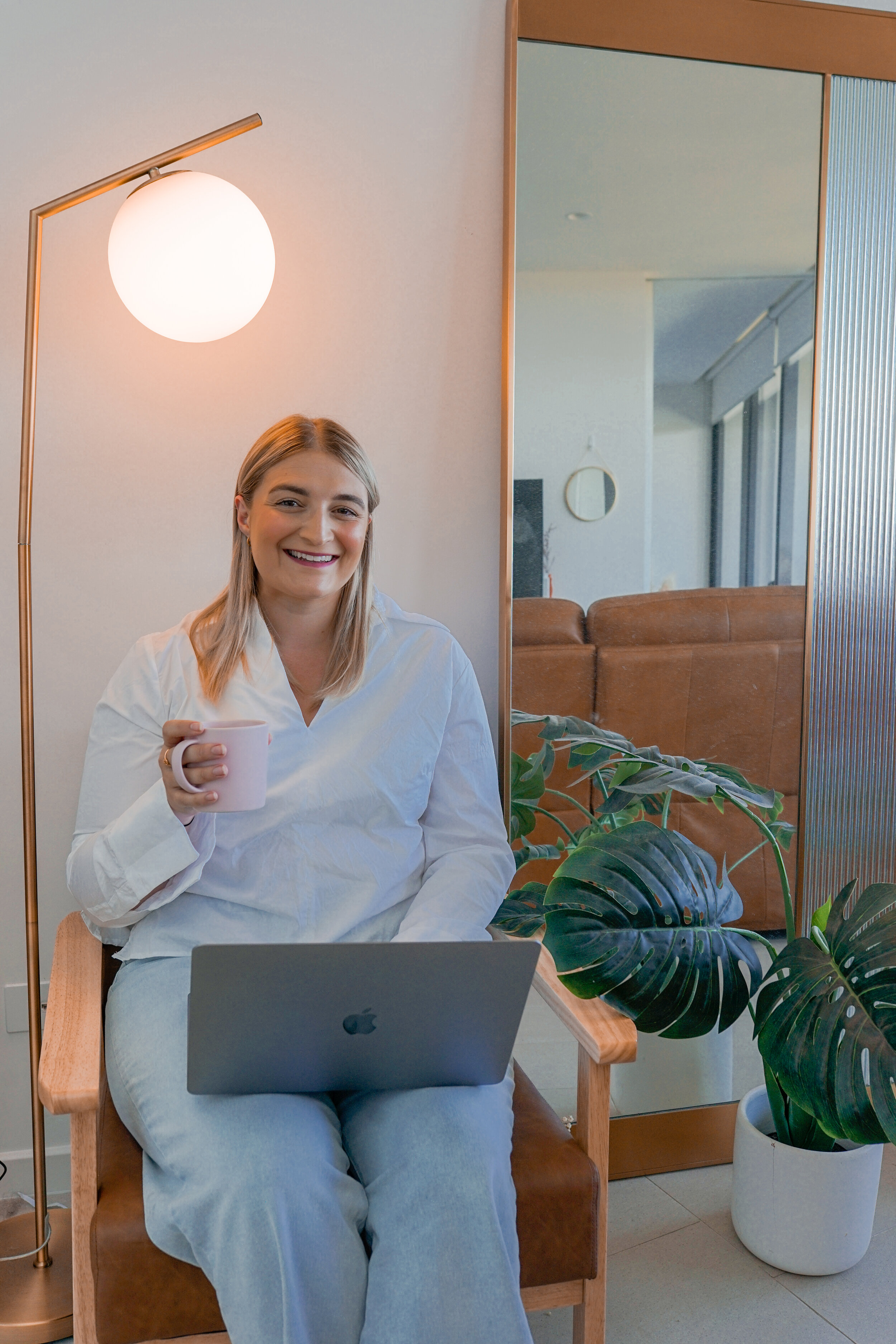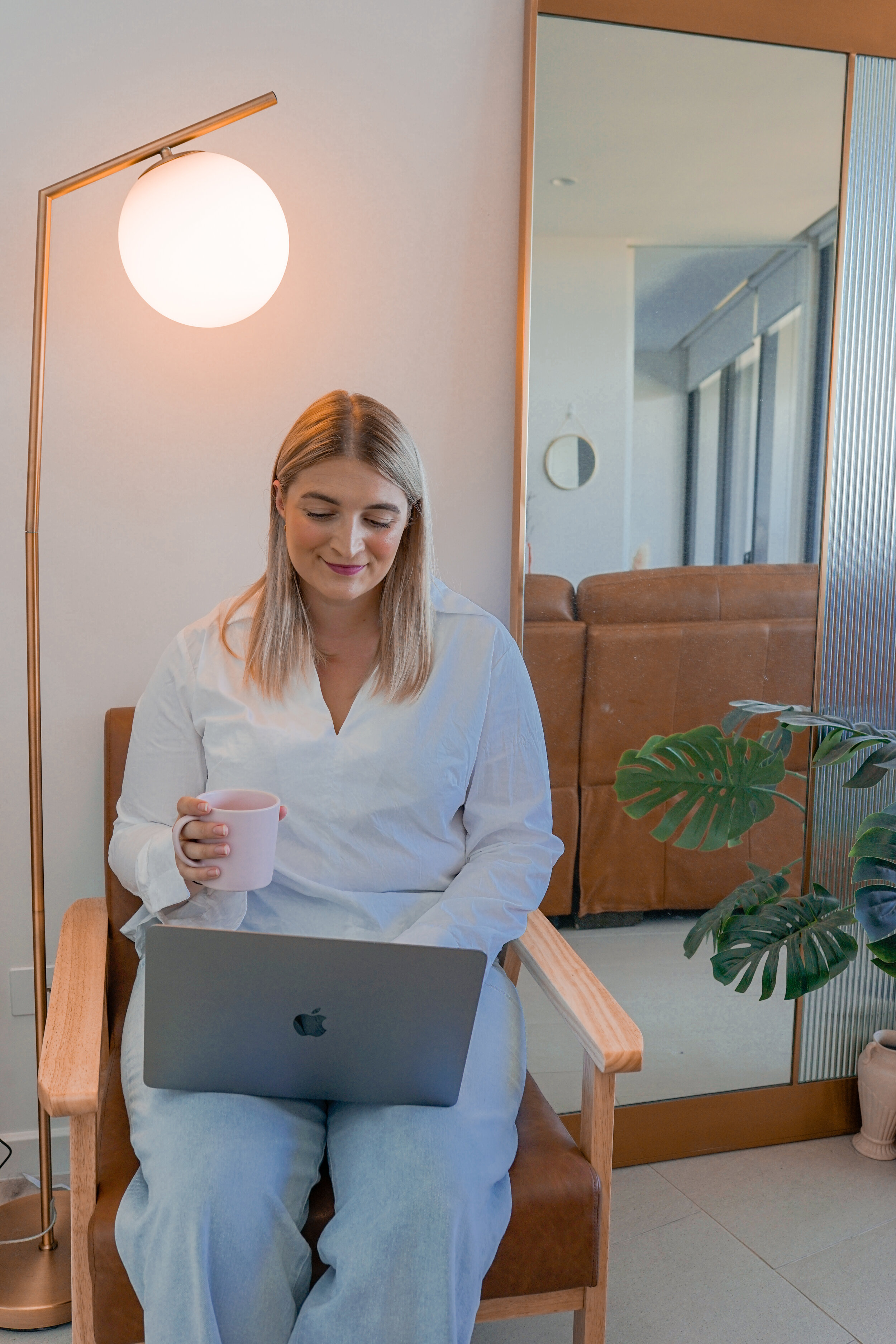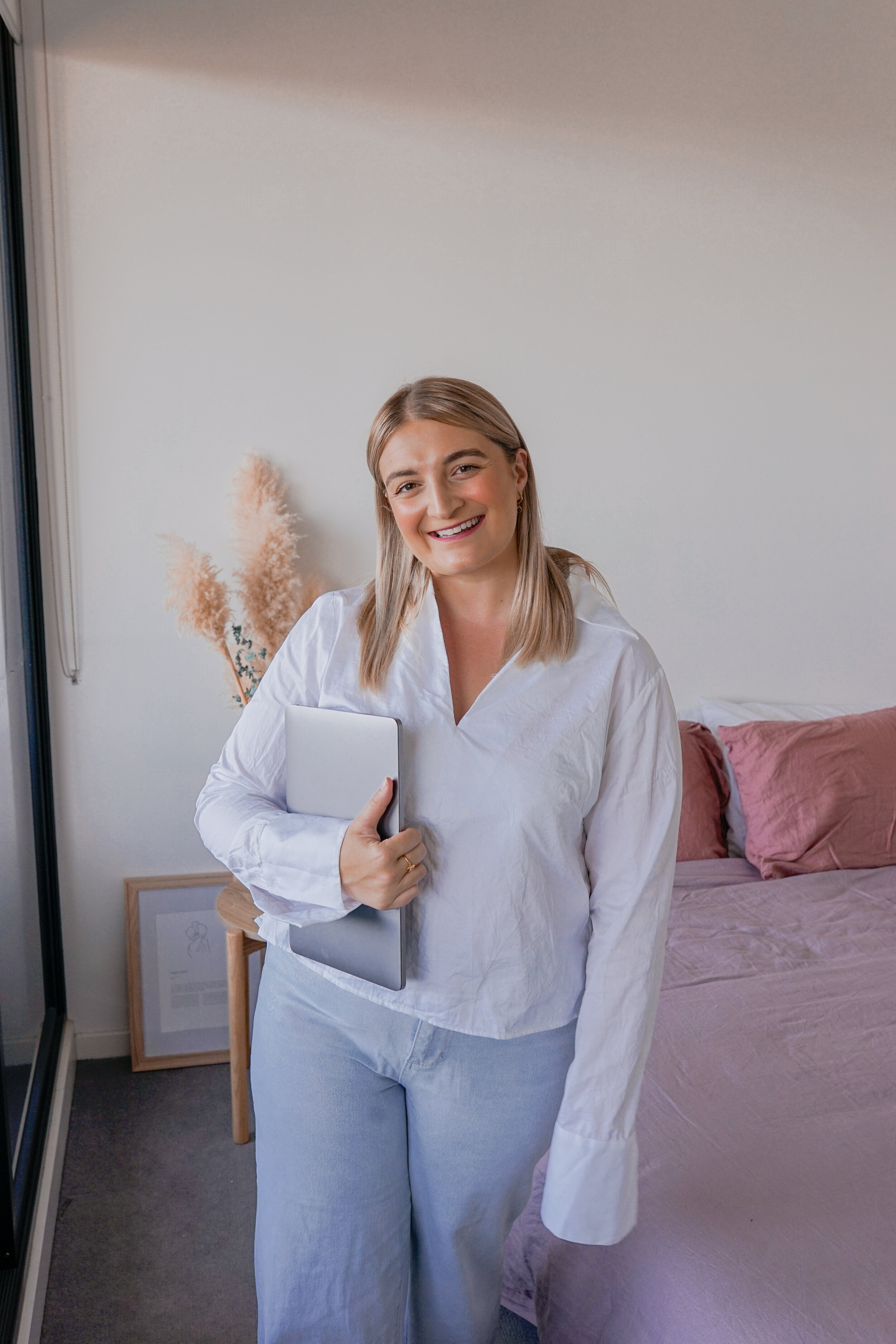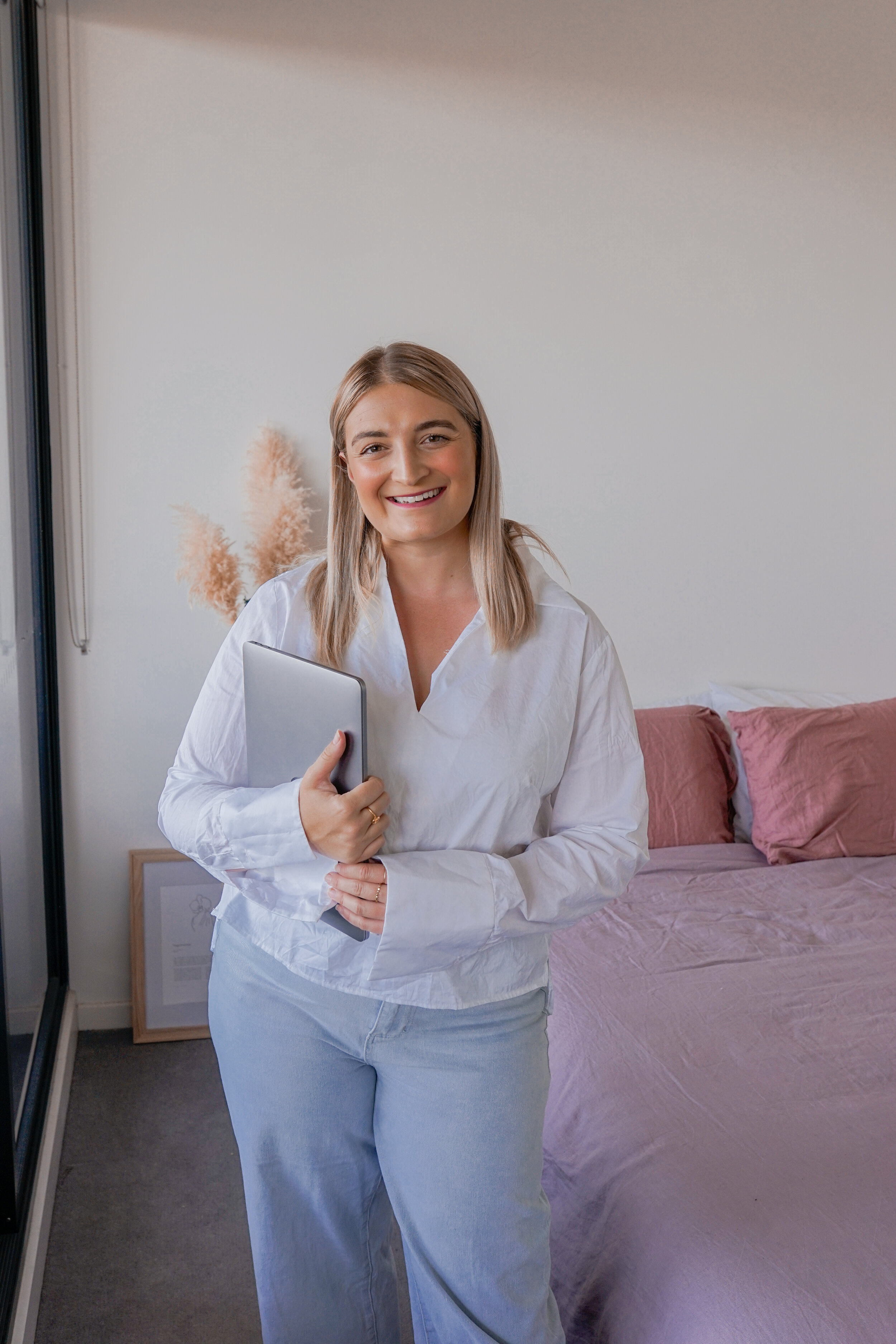How to change careers in your late 20's.
You know, I’d never imagined I’d be headed back to university at the age of 26. I felt like I was at the peak of my career; I’d worked in the UK, had experience in a range of different digital marketing avenues and felt like I was climbing the corporate ladder.
As it turns out, I’d been climbing that ladder so fast that I hadn’t given myself a moment to reflect on where I’d come from, and where I was going. I felt lost, disconnected from my work and completely uninspired. I’ve always tended to write my goals down when I’m feeling particularly confused, and decided that I’d write down my long-term career goals, and where I saw myself in 5, 10 and 20 years. It was non-existent. I desperately tried to imagine a future where I’d be happy in the industry I was in, but it wasn’t appearing for me, no matter how I twisted my words or title. It was that moment that I knew something had to change.
It’s one thing to have a complete revelation about the future of your career, but another to actually take the first step towards a new one. Like most millennials, my self identity was glued to my career. I was it, and it was me. When you begin to peel away the layers of yourself, you begin to expose your inner-child. What did you want to be when you ‘grew up?’ For me, it was always a teacher or a veterinarian. I knew I wanted to help people (or animals) in some form, but at the last minute had been enticed by a career in journalism. I enjoyed writing (still do), and thought I’d chase a flashy newsreader career and be a famous TV star.
So, what do you actually do when you need to start again in your mid 20’s? You bloody do it. My parents have always inspired me growing up, and my mum completely changed careers and started her own successful business in her 40’s, and my dad graduated from a law degree in his 50’s. They’ve always shown me that the only limit to your success is yourself, and always reminded me that time will pass no matter what, and it’s up to us to use it as we see fit. It was this mindset that inspired me to sign up to my Master’s of Teaching, and I haven’t looked back since. A little piece of advice; if you’re worried about the 2-4 years of study you may need to do now, imagine the 40+ years of your current job you’ll have to endure! A few years of hard work now will pay off for the rest of your life.
If you’re unhappy in your current career, dreaming of a job change or are simply curious about what else there is out there for you, THIS is a sign for you. Here are my top tips for how to have a complete job change (at any age!):
Find your passion: it’s one thing to not enjoy your job, but it’s a complete waste of time if you quit with no idea what you want to do. Don’t give up your day job until you know what you want to do, and how you’re going to do it. If you’re feeling lost, speak with a careers counsellor, talk with family and friends and really do some self reflecting on what brings you joy. What inspires you? What job makes you want to jump out of bed every morning and take pride in your work? Once you know your own values and passions you’ll be able to find your new career even more.
Have a game plan: Now you know what you want to do, it’s time to plan HOW you’re going to do it. Look into studying options, and what you’re able to juggle. If you’re still working full-time, start studying part-time and start small with one subject. Don’t launch yourself into full-time study straight away, but rather ease yourself into it. If you haven’t studied before or you’re out of practice, it can seem daunting and you need to take it easy on yourself. If you’re lucky enough to be able to study full-time, implement a routine and make sure you treat full-time study like a full-time job.
Your support team: whether you believe it or not, many hands make light work. On the days where you’re feeling lonely or want to give up, you need your support team there to get you through. I found that when I shared my education goals with my friends and family, they were incredibly supportive and are always willing to help me revise my study notes, listen to me rave about my course or just are there to give me a hug when I need it.
If you’re distance learning: 2020 taught us many things, and a major one was that we can work remotely from pretty much anywhere. My first degree was on campus full-time, so adjusting to online classes via distance learning has definitely been a struggle. My biggest piece of advice is to find a routine that works for you. Don’t study in your pyjamas or sleep in until 10am, treat your study like your new job; with respect. I also found it difficult not to connect with other students besides on discussion forums, so I created a Facebook page for everyone doing my Master’s course. It’s a place where we support each other, talk about the course and it’s lovely to have people on the same page as you. If you need another pair of eyes on your assignments, I’d also highly recommend Studiosity. I’ve worked with them personally (as a blogger), but I use them for EVERY assignment as a student and couldn’t be more grateful. The best part is that most universities have signed up to the Studiosity service, which makes it totally free to use.
When the going gets tough: the tough get GOING. Start now. Enquire about that course. Tell your friends. Write down your goals. Whatever it is, do something. This year will pass no matter what you do, so why not make it count and put in the hard yards now. I started my Master’s last year, and I’m on track to graduate at the end of next year. A lot can happen in two years, so make sure you know what you want to do with your time.
Whatever you’re thinking, start now and put a plan into action. The year will pass no matter what you do, so why not make it the year of change! You can do it. Elle x



